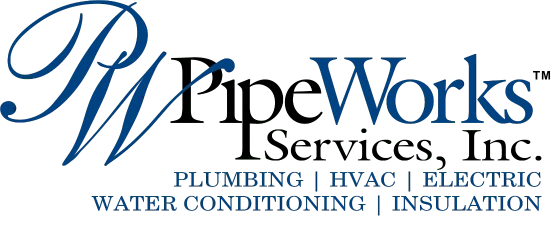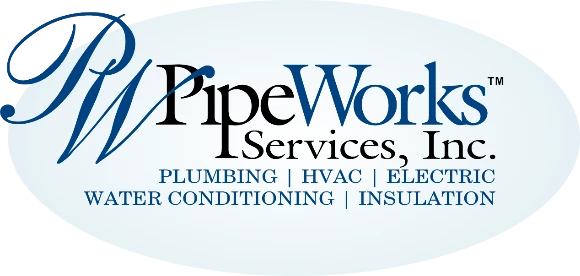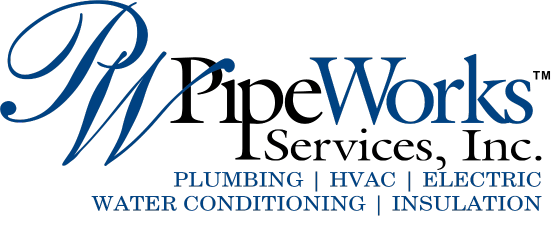Summer temperatures in Chatham, NJ rarely top 90 degrees Fahrenheit. However, local humidity is often overwhelming. Excess moisture can make the indoor and outdoor air feel much hotter than it is. To maintain a comfortable and healthy living environment, you’ll need a functional air conditioner. Fortunately, there are eight easy ways to get your AC ready for the summer of 2025.
1. Schedule Pre-Season AC Tune-up Services
Scheduling annual maintenance is the first and most important step in priming your AC for summer. Routine maintenance will keep your cooling system compliant with the terms of its manufacturer’s warranty. If your AC is covered by your home insurance plan or your home warranty, routine maintenance will ensure compliance with these mutually binding agreements as well.
During these appointments, our HVAC technicians perform multi-point and model-specific AC inspections. We test airflow, verify electrical safety, and ensure efficiency. We also:
- Calibrate thermostats
- Clean air handlers, condensers, and blower fans
- Lubricate all moving parts
- Replace worn bearings and other damaged components
With a pre-season tune-up, you can make sure that your air conditioner is running before you need it. These visits are also an opportunity for our technicians to identify and correct minor problems before they spiral out of control.
With Chatham’s high humidity, scheduling pre-season maintenance is critical for keeping AC condensate drains and drain lines clear. When your air conditioner lies dormant during the off-season, its condensate drain can develop thick buildups of algae, mold, and more. We’ll clean your condensate drain and apply a deodorizing disinfectant to keep collected condensation moving swiftly and prevent moldy, funky odors during AC operation.
2. Stock Up on Replacement Air Filters
Our technicians will also inspect and replace your air filter when tuning your air conditioner. However, you should perform filter inspections once each month and replace this component every 30 to 90 days as needed.
Dirty air filters lie at the heart of most cooling system problems. Neglecting or delaying air filter replacements can lead to:
- Short cycling
- Icing
- Overheating
- Increased indoor humidity
- Poor indoor air quality (IAQ)
Running your AC with a dirty air filter will also make your cooling system work harder. By keeping your air filter clean, you can limit your summertime cooling costs.
You’ll need between two and four air filters to make it through the summer season. Purchasing replacement filters before summer arrives will ensure that you always have them on hand.
3. Clear the Perimeter of your AC Condenser
Check the perimeter of your outdoor condenser unit. This unit should have at least 2 feet of clearance on all sides. Overgrown grass, shrubs, and other foliage can block the exit of hot air and cause airflow problems throughout your entire cooling system.
Remove all leaves, twigs, and other loose debris. You should repeat these efforts throughout the summer season when performing monthly HVAC air filter inspections.
4. Test and Set Your Thermostat
Your thermostat is the brain of your HVAC system. It tells your air conditioner when to turn off and on. While older analog thermostats can last three decades or more, some thermostats have lifespans as short as five to 10 years. If your thermostat is at the end of its lifespan, it might have a hard time reading your indoor temperature accurately.
Make sure that your thermostat isn’t affected by nearby heat sources. For instance, if your thermostat is bathed in direct sunlight during the mid-portion of the day, it will read your indoor temperature as being much higher than it is. These devices should never be too close to ovens or other heat-generating appliances. We can replace or relocate your thermostat as needed.
To limit your carbon footprint and your summertime energy bills, program your thermostat to raise its temperature setting by seven to 10 degrees just as you leave for work or right before you go to bed. According to the U.S. Department of Energy (DOE), these adjustments can reduce HVAC-related energy use by as much as 10%.
If you have an older, analog thermostat, you’ll have to make each of these adjustments manually. You can save yourself money and time by upgrading to a smart or programmable thermostat before the summer of 2025.
5. Prime Your Home to Support Your AC
Even the most efficient and well-maintained air conditioner will waste energy and underperform if the home isn’t primed to support it. For instance, if you have open windows and doors while your AC is running or the building is riddled with air leaks, you could spend a small fortune to send cold, conditioned air outdoors. Close or seal up all potential sources of air loss.
Use your ceiling fans to better distribute cooled air and keep your home comfortable. Ceiling fans don’t produce cooled air, but they can push cooled air down toward residents. You can create a cooling downdraft by setting your ceiling fan blades to turn counterclockwise during the warmer months.
Check and Open HVAC Air Vents
In standard, central HVAC systems, air conditioners cool all building areas uniformly. If your HVAC system isn’t zoned for customized cooling, residents might close air vents in their immediate areas to redirect unwanted air. Vent closures place tremendous stress on air conditioners by creating increased, in-duct air pressure. Make sure that all vents throughout your home are open. For optimum air delivery and minimal HVAC system stress, you can also schedule air balancing services.
6. Consider HVAC Air Duct Cleaning and General Duct Maintenance
When testing airflow during annual AC maintenance, our technicians check for ripped or perforated air ducts and other duct leaks. However, your HVAC air ducts may need additional maintenance. If you haven’t done so in a while, schedule a separate duct maintenance appointment. This way, we can determine whether it’s time to have your air ducts replaced and whether you need duct sealing or duct insulation.
According to the National Air Duct Cleaners Association (NADCA), it’s also a good idea to have these features professionally cleaned every three to five years. Professional duct cleaning removes trapped debris that has blown off air filters or entered ducting other ways. Duct cleaning optimizes the efficiency of air conditioners and provides impressive IAQ benefits.
7. Take Care of Essential Replacements Before Summer Arrives
Don’t wait for your aging air conditioner to fail outright before replacing it. Most air conditioners will last between 15 and 25 years. If your AC is two decades old or older, having it swapped out now will help you avoid dangerous, mid-season breakdowns.
8. Address Humidity and IAQ Concerns
For homes with consistently high humidity and ongoing IAQ problems, we offer integrated HVAC system accessories. We install these secondary forms of equipment on or in HVAC air ducts. Consider adding a whole-house air purifier or other accessory before summer arrives. Doing so could optimize your IAQ and home comfort while reducing HVAC system stress and lowering your cooling costs.
We proudly serve Chatham and the surrounding cities with expert AC installation, AC maintenance, and repair services. We’re certified through NATE and the ACCA, and we maintain an A+ Better Business Bureau (BBB) rating. To experience the financial benefits of our preventative maintenance plan or schedule an AC tune-up, contact Pipe Works Services now!





